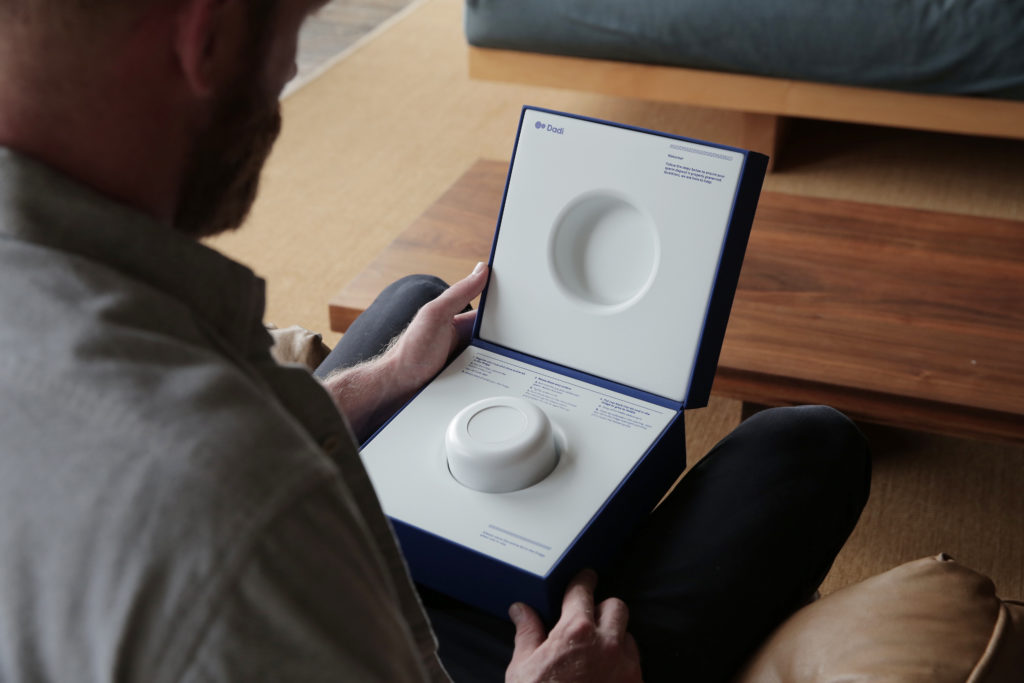Male wellness is on the rise.
- Ro (parent company of digital men’s health clinic Roman) landed a $500M funding round in March.
- Men’s healthcare company Manual also secured $30M in March.
- DTC sperm freezing kit maker Legacy raised $10M shortly after.
- ED and men’s wellness startup Numan just raised a $40M Series B.
Low libido. Stress, poor diet, and daily exposure to microplastics and pollutants have caused alarming drops in male fertility factors.
- Across Western countries, sperm counts have plummeted over 50% in what some have dubbed the “Spermageddon.”
- For decades, testosterone levels have been on a steady, substantial decline.
- An emerging trend, men who contract COVID-19 may be 6x more likely to develop brief or long-term ED.
These factors affect health beyond virility, causing hair loss, reduced bone mass, difficulty sleeping, and poor mental health.
Ducking doctors. Cultural stigma around male health has led to a growing problem — over 40% of men avoid the doctor until a symptom becomes unbearable. But recently, the pandemic boosted adoption of digital healthcare and DTC services that many prefer to in-person meetings.
With less stigma, more privacy, and greater access, the fertility market—which has traditionally focused on women—is turning its attention to the other half of the population.
- Sperm solutions. Legacy, Dadi, and ExSeed Health provide at-home semen analysis kits, as well as the option for sperm to be frozen and preserved for the future.
- T therapy. Testosterone replacement therapy (TRT) aims to help men replenish low T levels. Major players include Vault Health and Trūman Rx.
Looking ahead: Some voice concerns over the reliability of mail-in kits and the alarmist takes on decline in male fertility. And as consumer interest continues to balloon (TRT use has jumped 4x), writers like Nat Eliason are calling for caution.
“TRT is an incredible life-changing therapy for men who truly need it. But you’re playing with fire if you get on it in your 20s, 30s, 40s. Prescribing it should be an absolute last resort.”
 Image: Dadi
Image: Dadi



